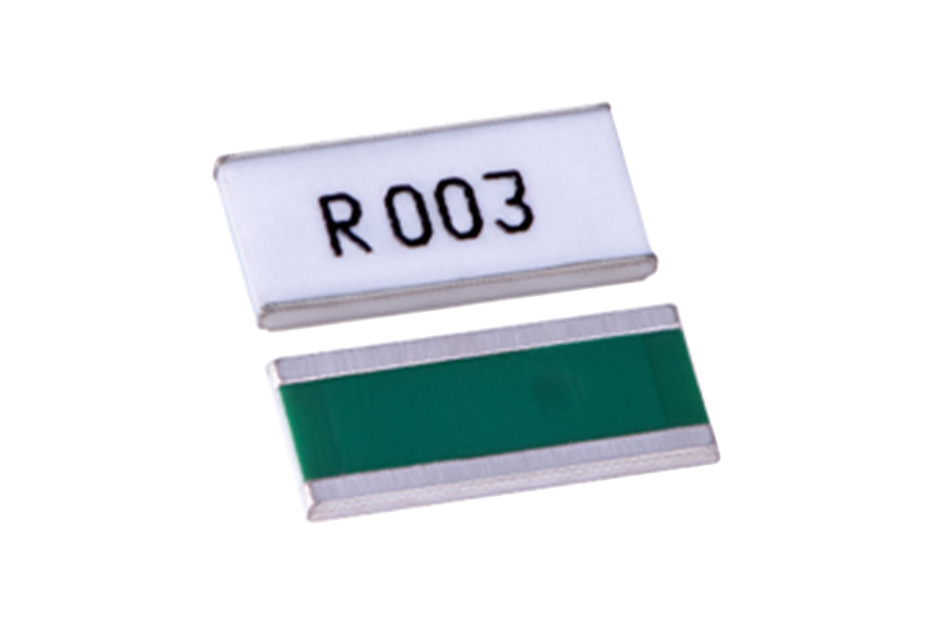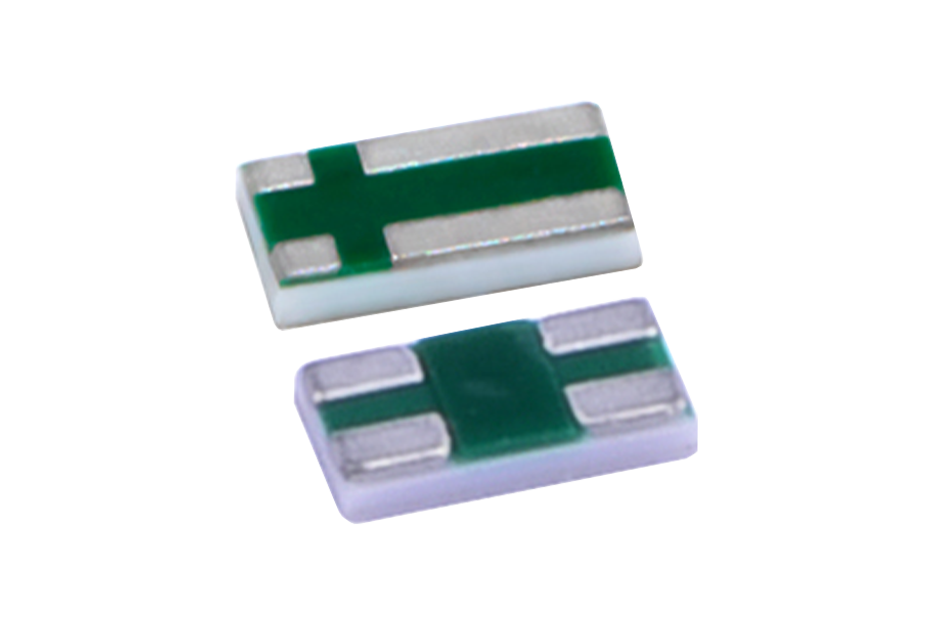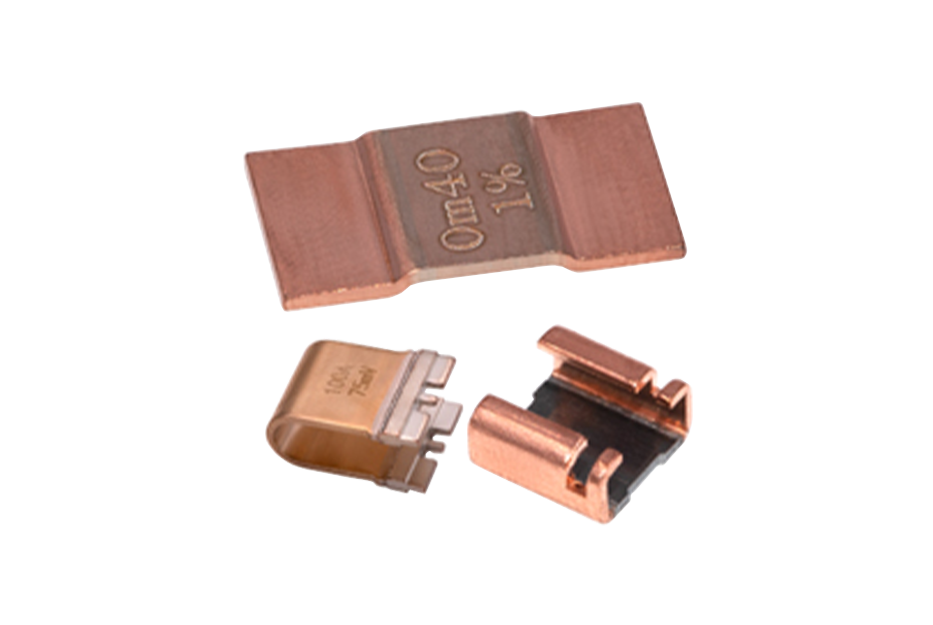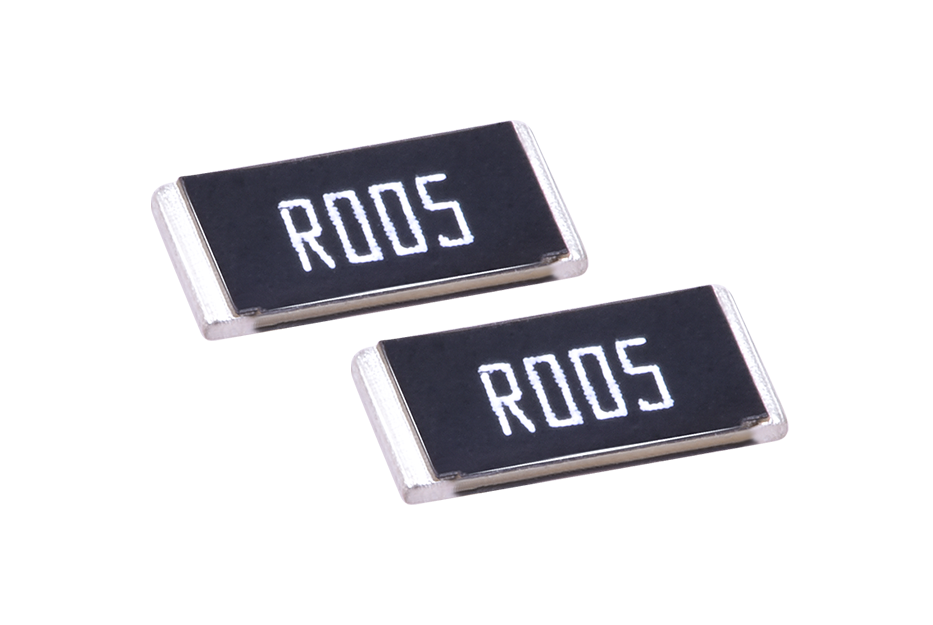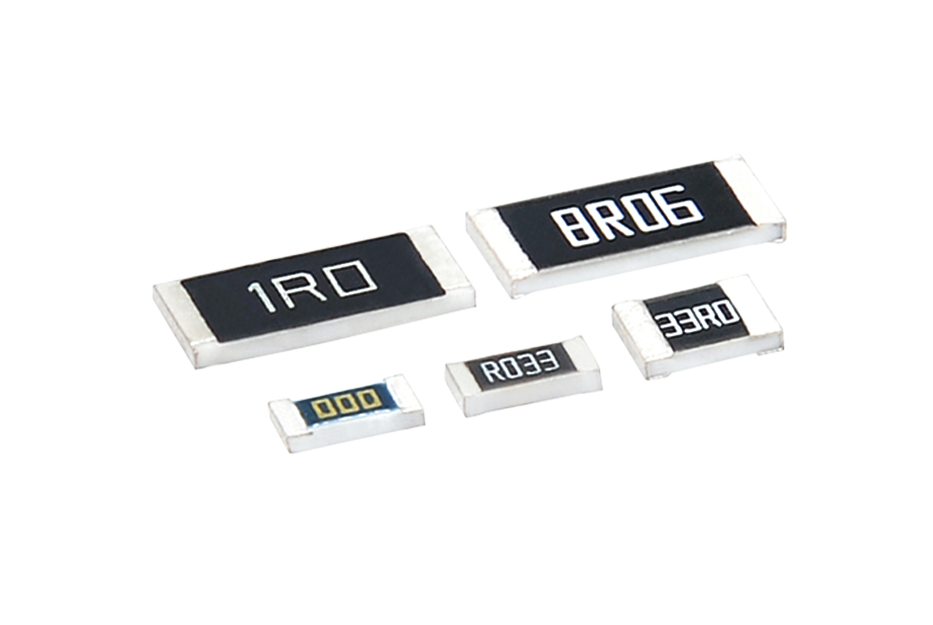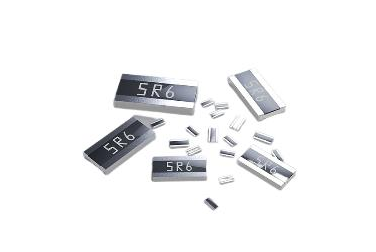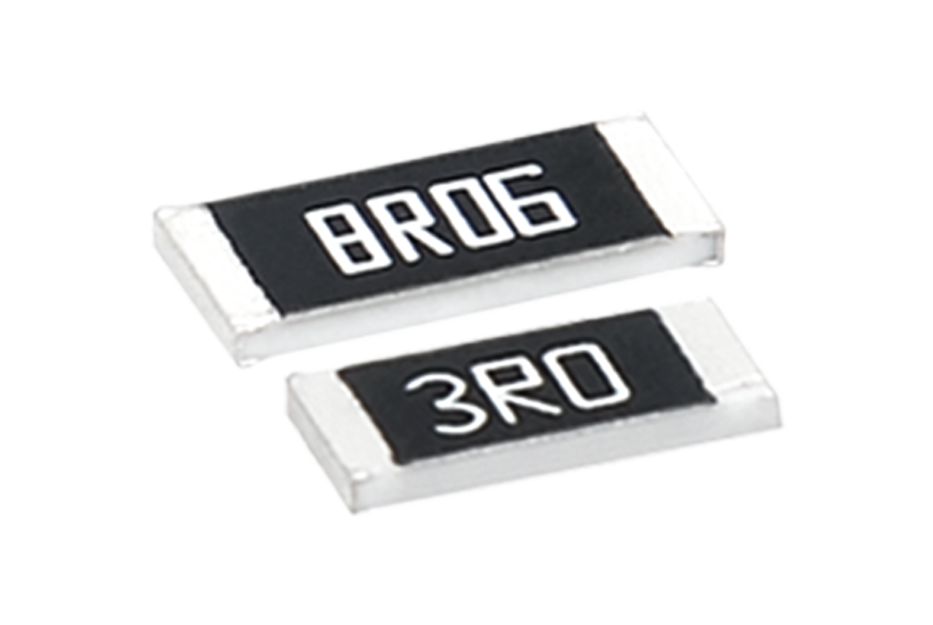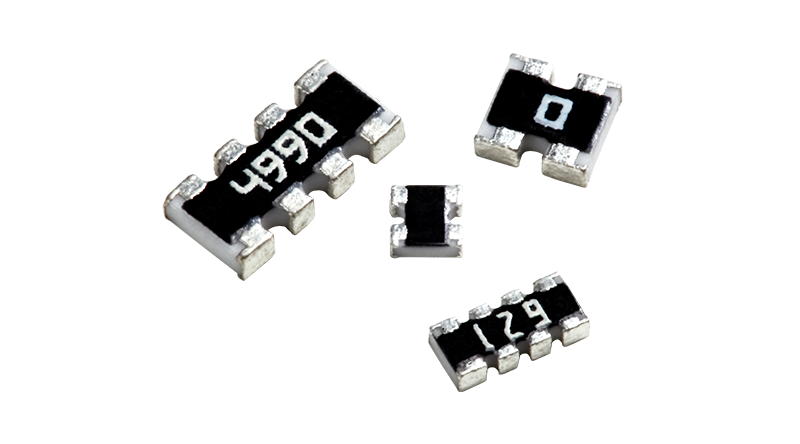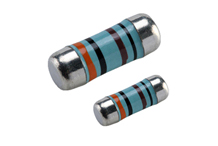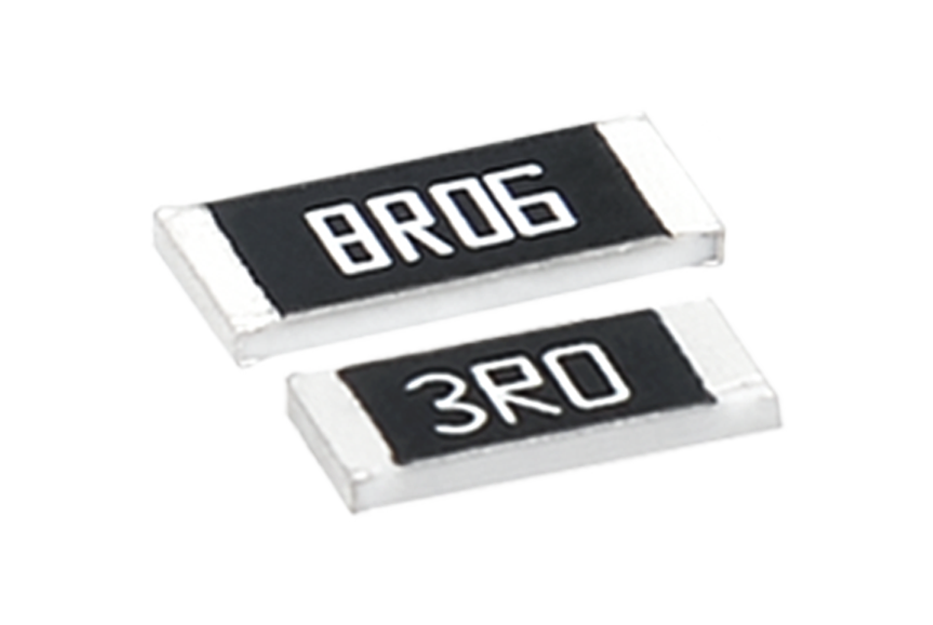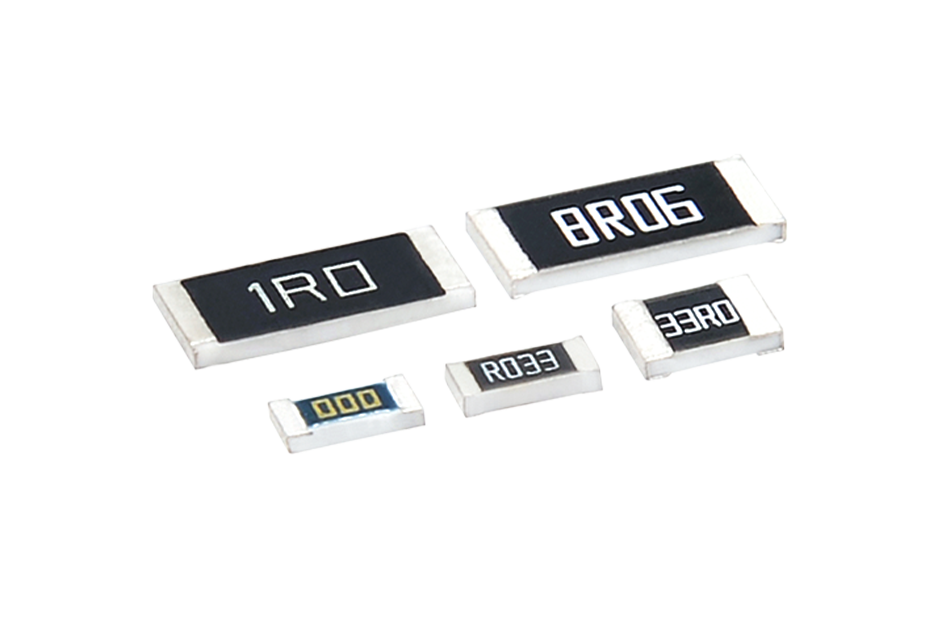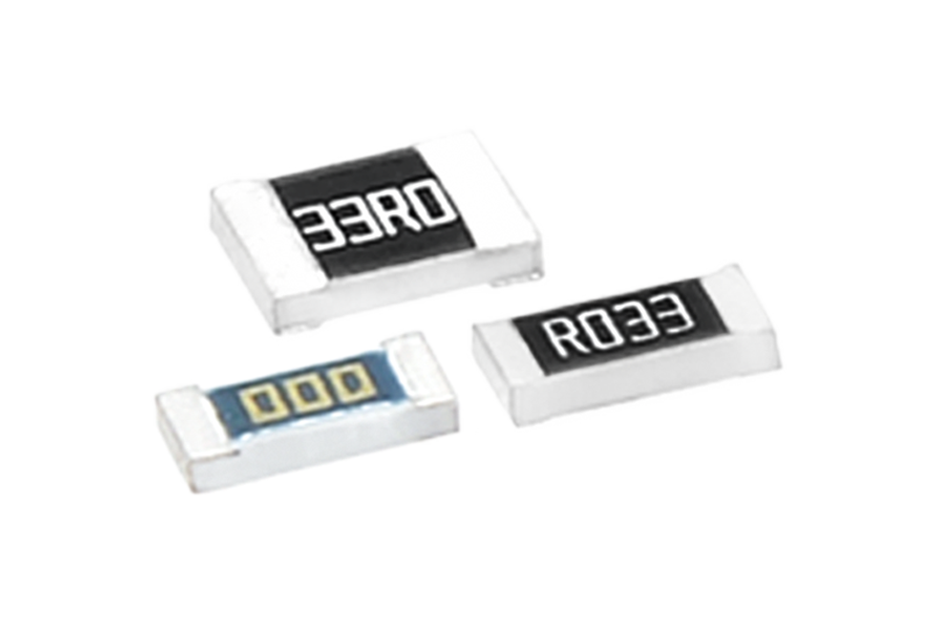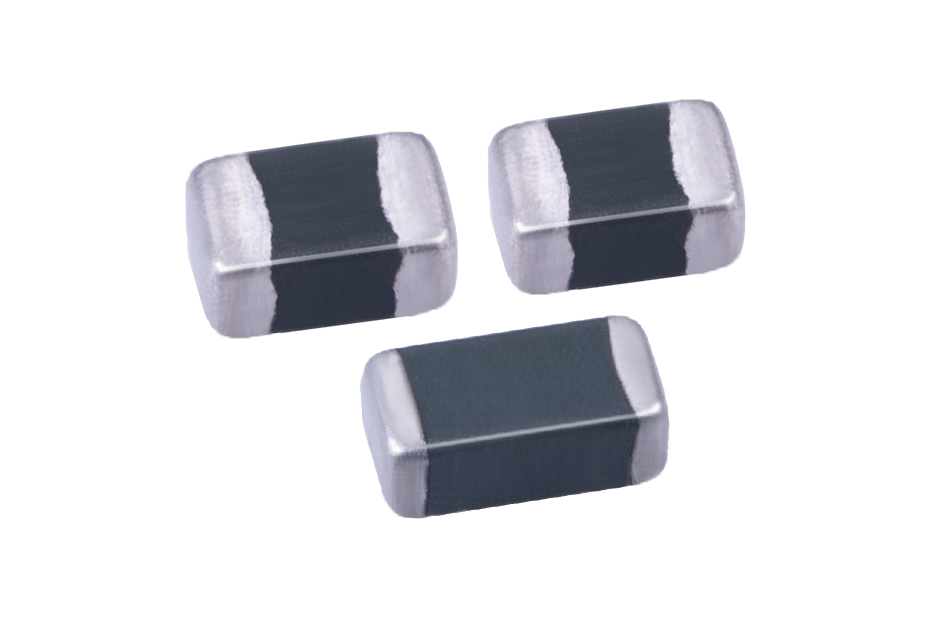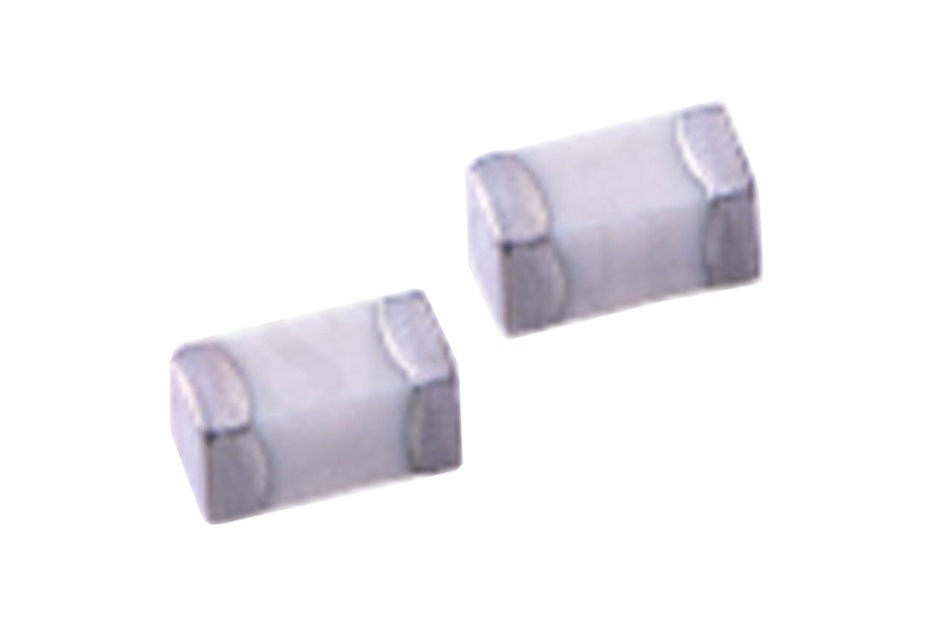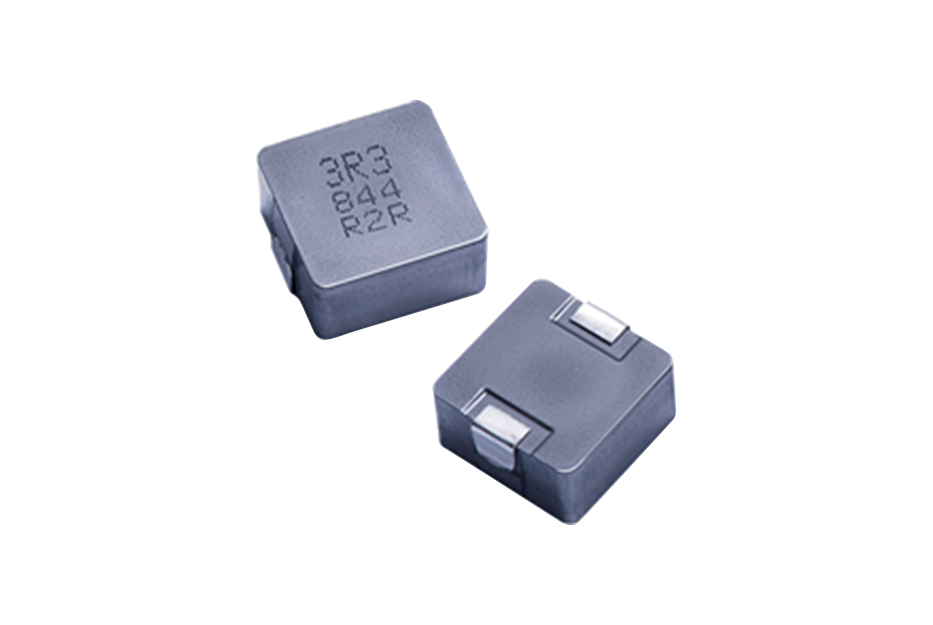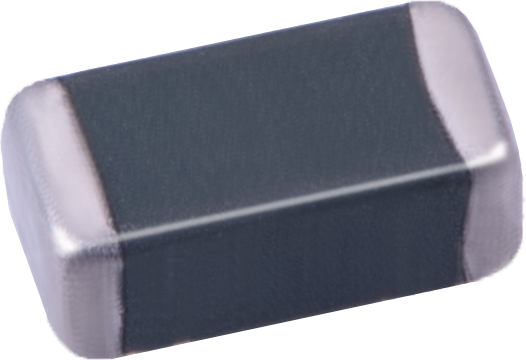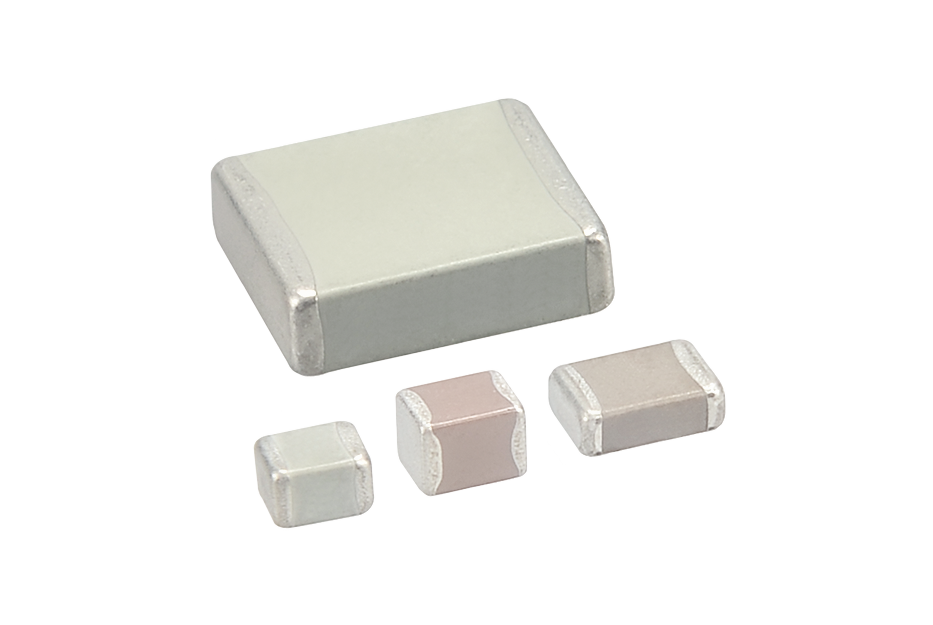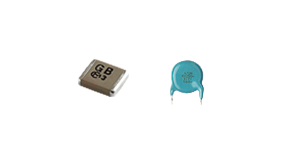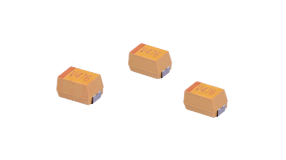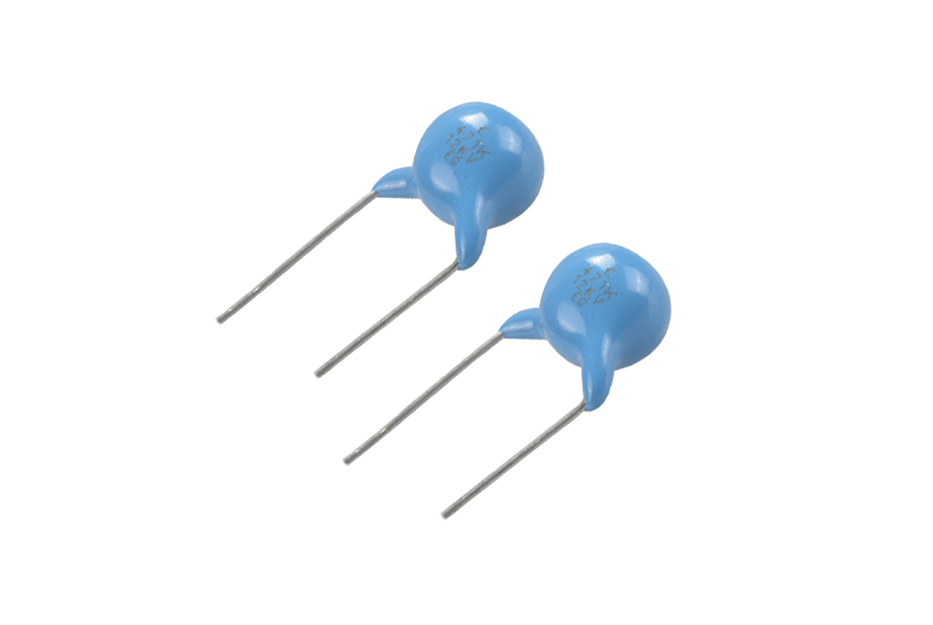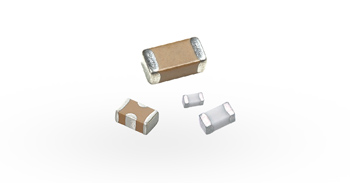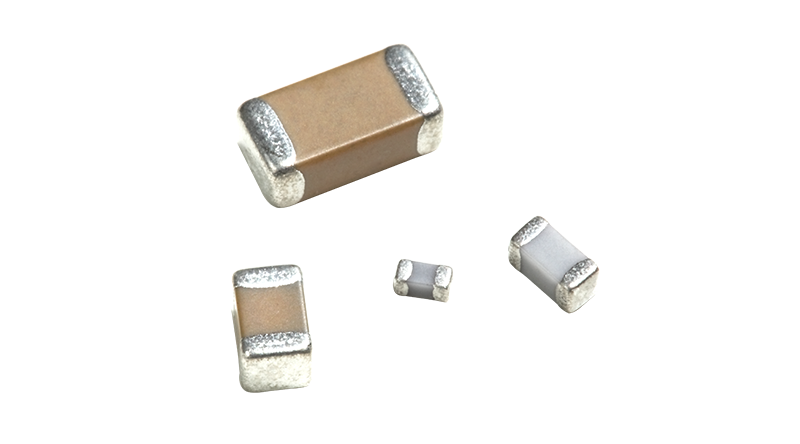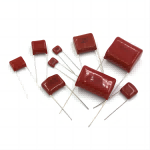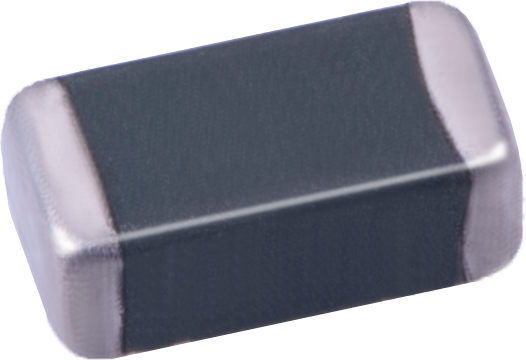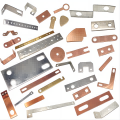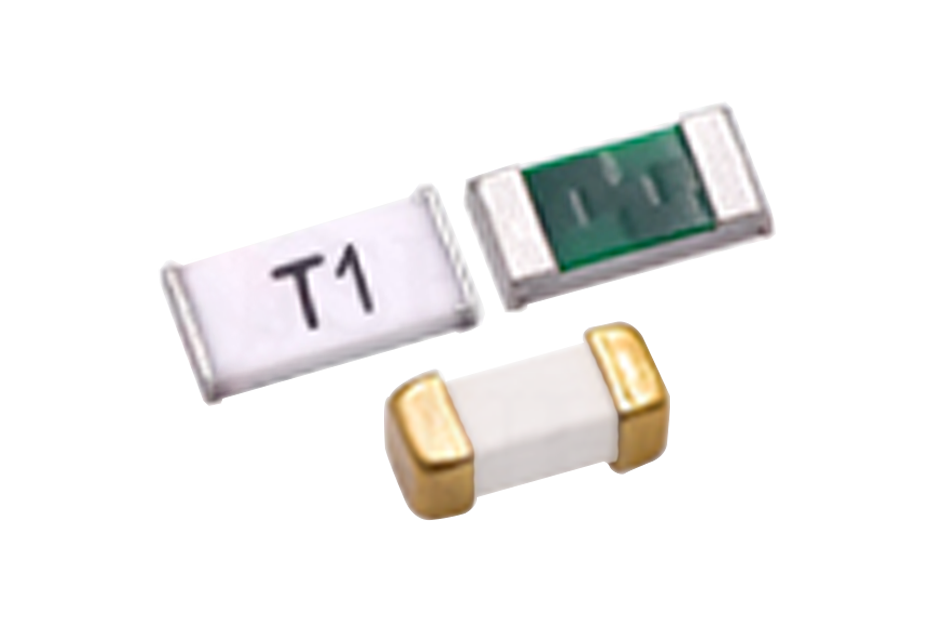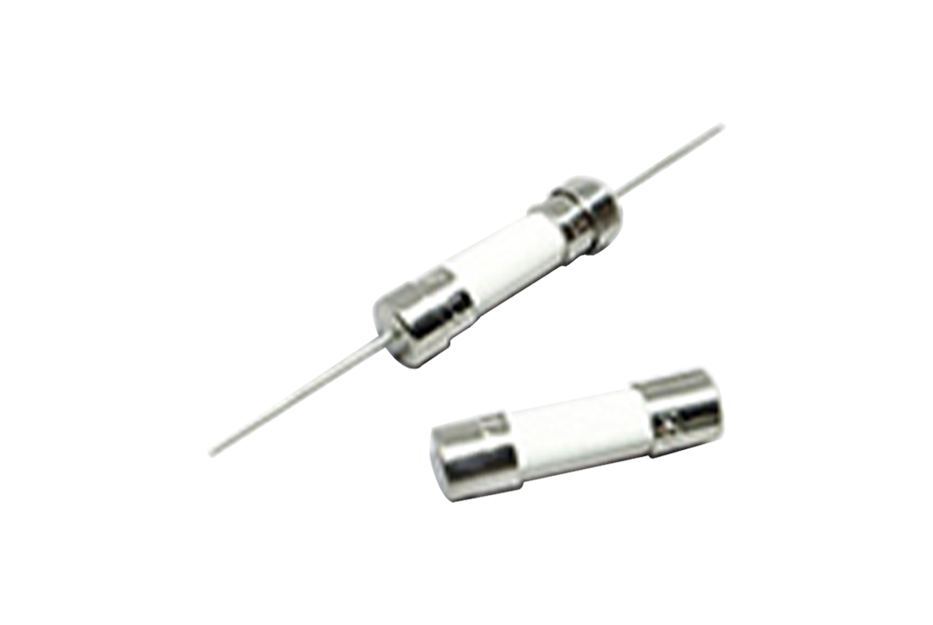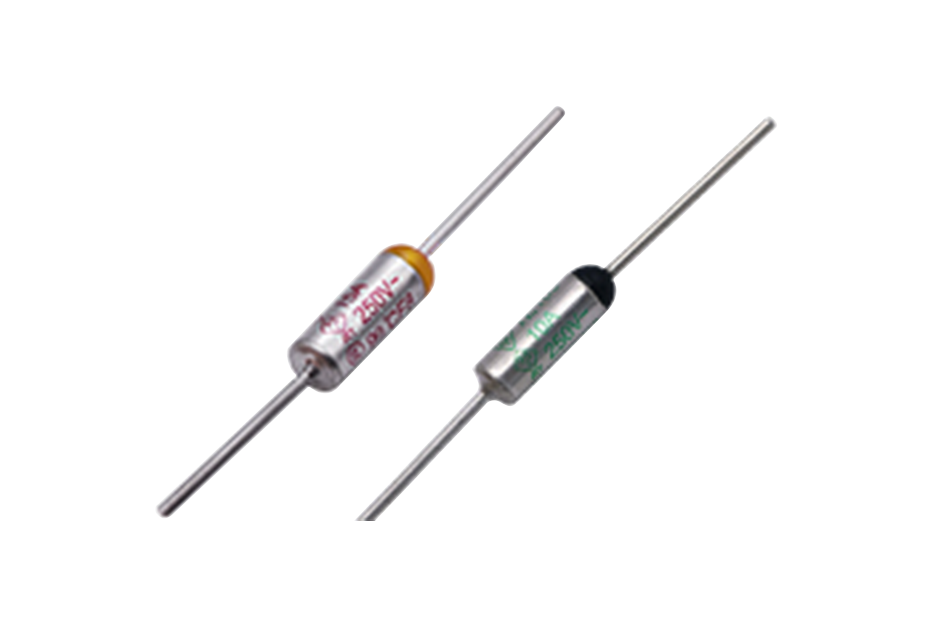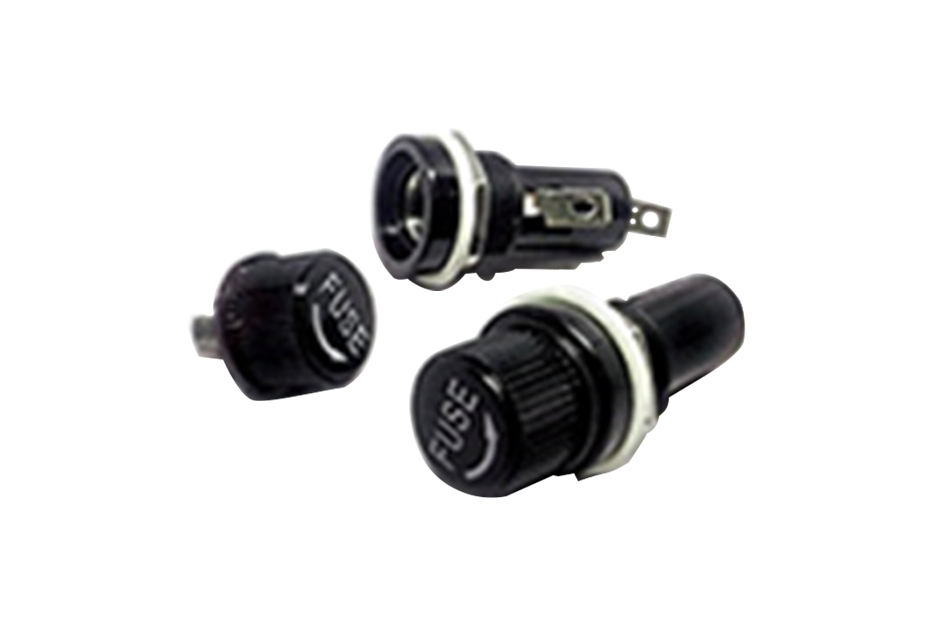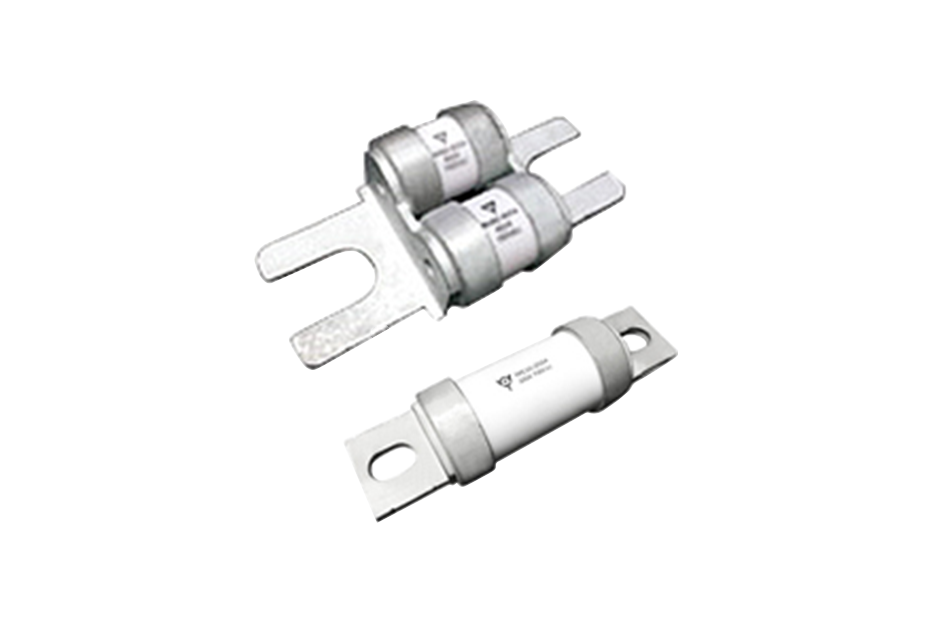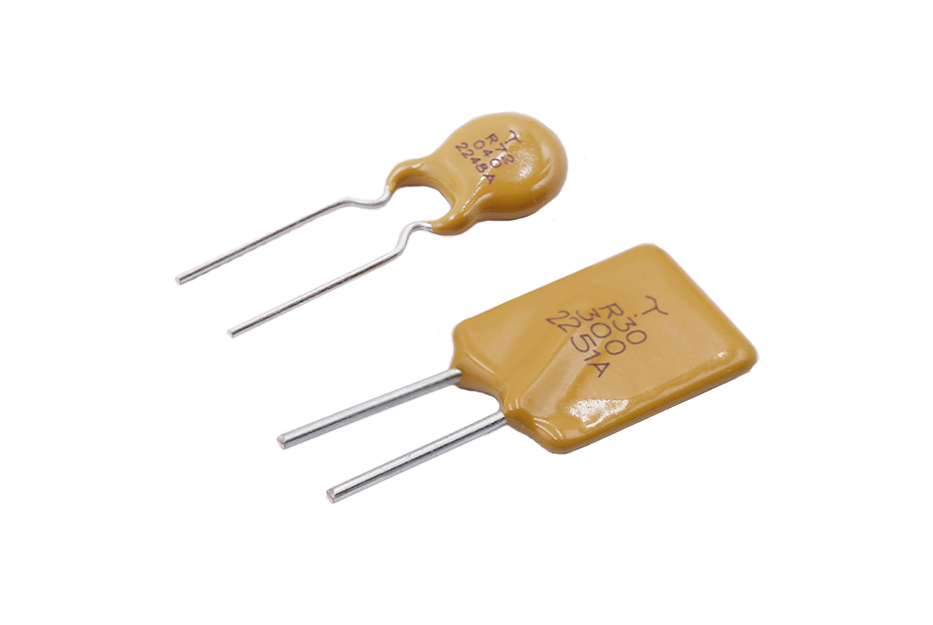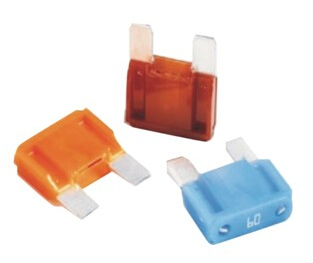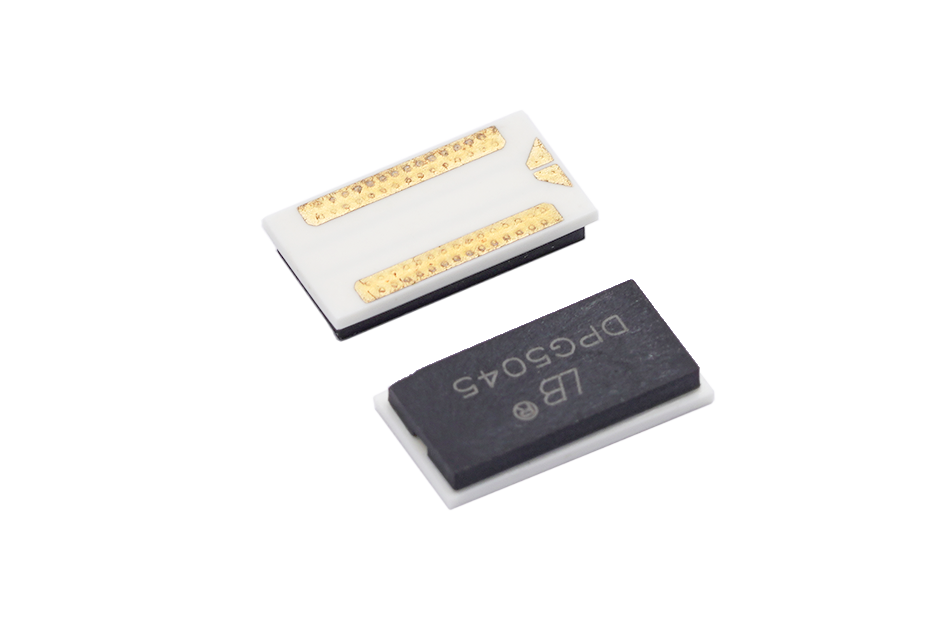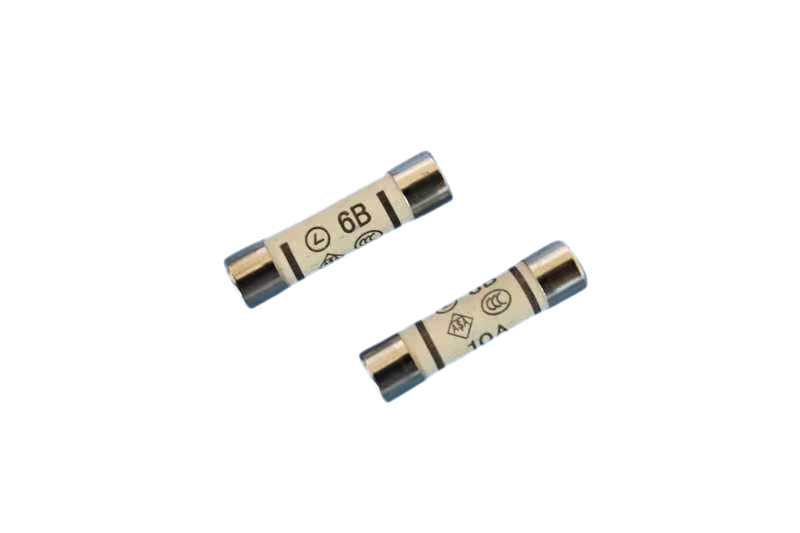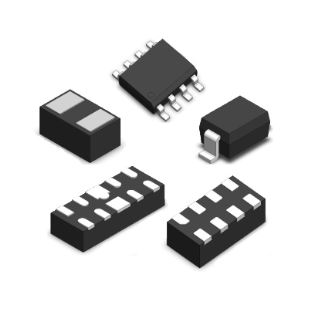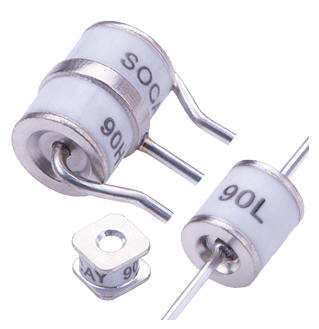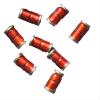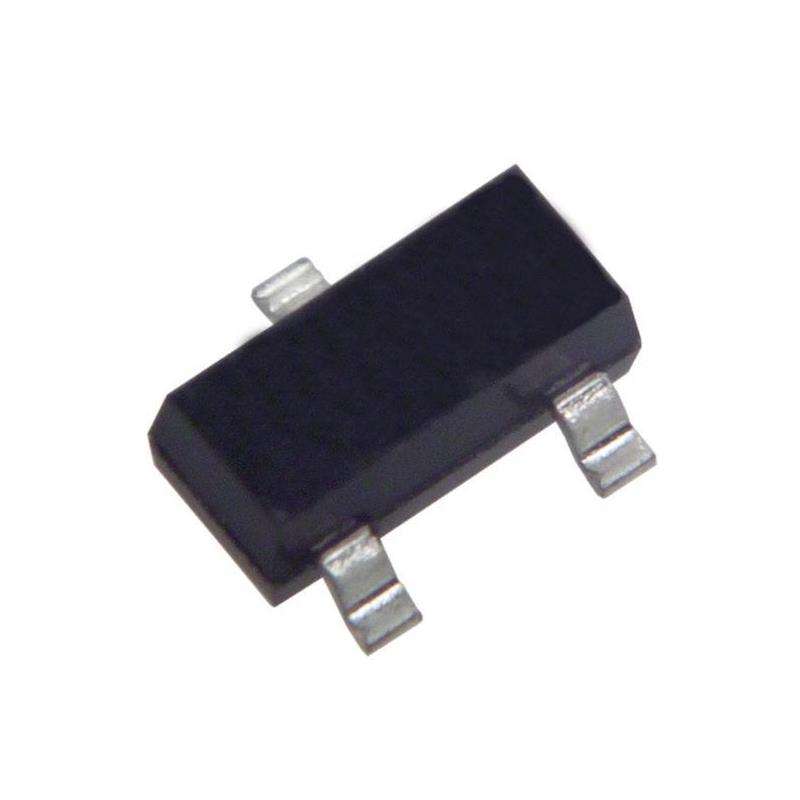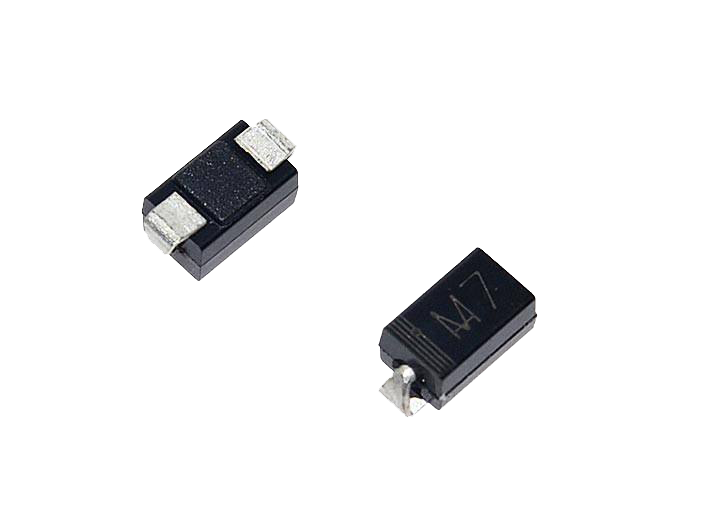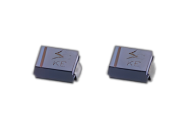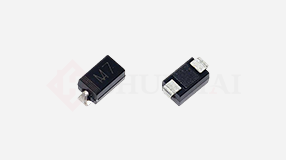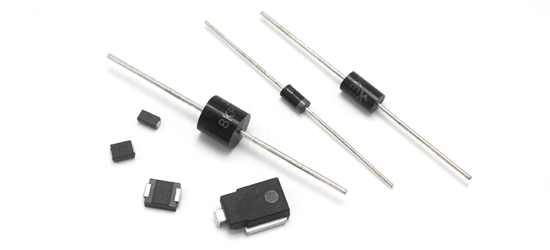Alloy resistance is an electronic component used in circuits, whose main function is to limit the ability of current to flow through the circuit. Nickel copper alloy is a commonly used choice when selecting materials for alloy resistors. This article will explore in detail why nickel copper alloy is chosen as the material for alloy resistance and the benefits it brings.
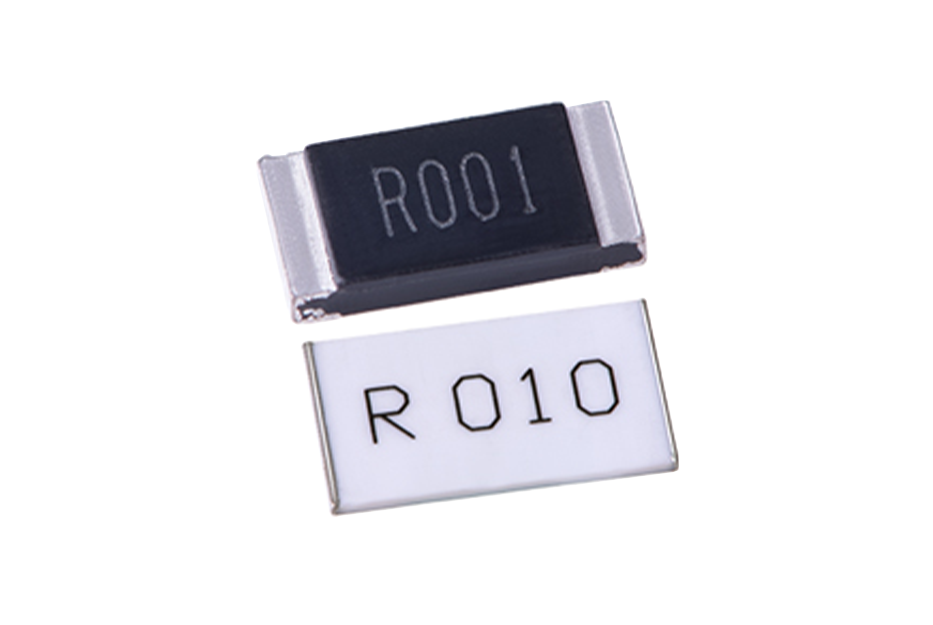
Firstly, nickel copper alloys have good electrical conductivity. Nickel copper alloy is an alloy composed of two metal elements, nickel and copper. Nickel has high conductivity, while copper has good conductivity. This combination makes nickel copper alloy perform excellently in terms of conductivity, effectively conducting current and reducing the impact of resistance on the circuit.
Secondly, nickel copper alloys have a lower temperature coefficient. The temperature coefficient refers to the degree to which the resistance of a material changes with temperature. For alloy resistors, the lower the temperature coefficient, the more stable the resistance value, which can better maintain the stability of the circuit. Nickel copper alloy has a lower temperature coefficient, which allows it to maintain relatively stable resistance values at different temperatures and is suitable for various working environments.
In addition, nickel copper alloys have high corrosion resistance. In circuits, alloy resistors are often exposed to various corrosive environments such as oxygen, moisture, and chemicals. If the material itself does not have good corrosion resistance, its service life will be limited. Nickel copper alloy has high corrosion resistance and can effectively resist corrosion and oxidation, thereby extending the service life of the alloy's resistance.
In addition to the above advantages, nickel copper alloy also has good welding and mechanical properties. When manufacturing alloy resistors, it is often necessary to solder the resistors onto the circuit board, and the quality of the soldering performance directly affects the stability and reliability of the resistors. Nickel copper alloy has good welding performance and can be easily welded with other metal components, ensuring a firm connection of resistance. Meanwhile, nickel copper alloy also has high mechanical strength and wear resistance, which can maintain stable performance under various mechanical stresses.
In summary, choosing nickel copper alloy as the material for alloy resistance has multiple benefits. It has good conductivity, low temperature coefficient, high corrosion resistance, good welding performance, and mechanical properties. These advantages make nickel copper alloy an ideal choice for manufacturing alloy resistors, which can play a stable and reliable role in various circuits.
In summary, the selection of nickel copper material for alloy resistance is based on its advantages in conductivity, temperature stability, corrosion resistance, welding performance, and mechanical properties. By selecting appropriate materials and manufacturing high-quality alloy resistors, the performance and reliability of circuits can be improved to meet the needs of different application environments.

